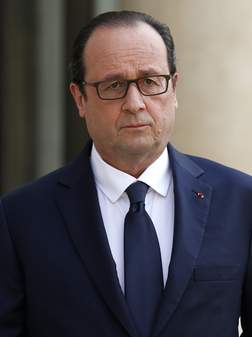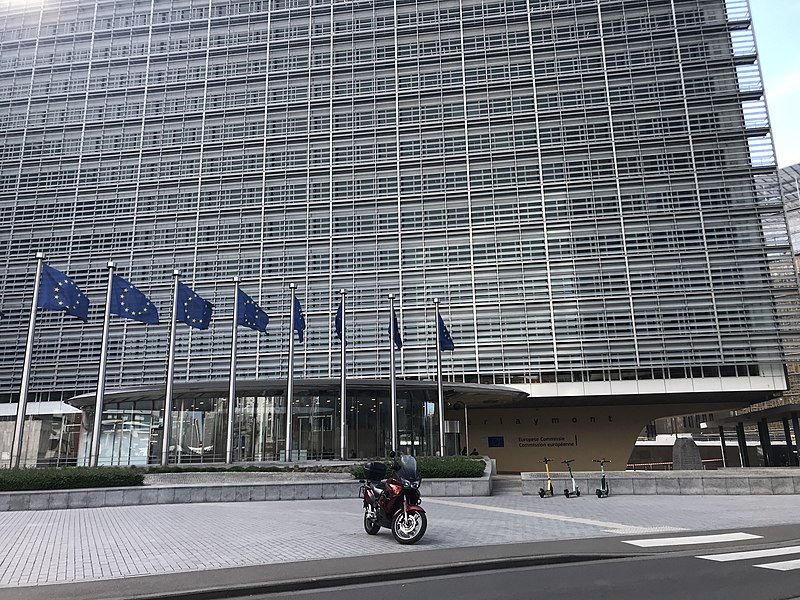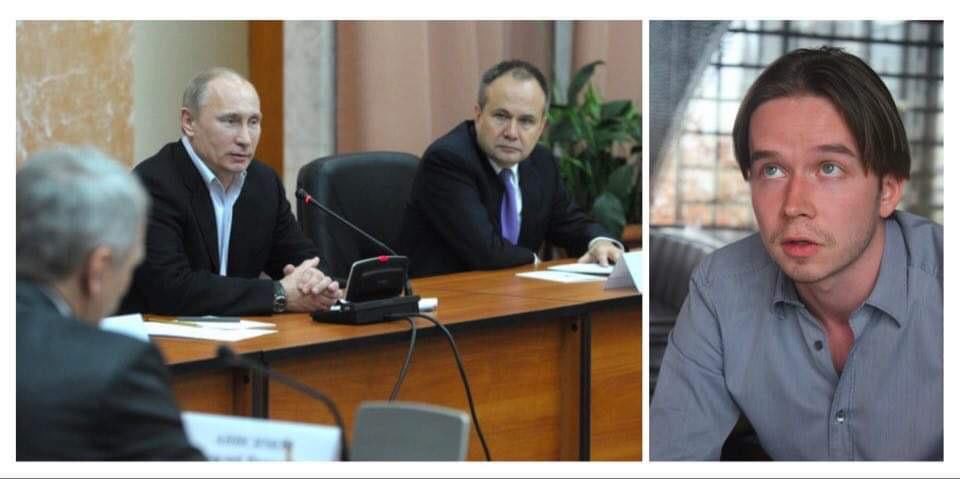
Scientists say EU data bill to harm research
August 15, 2014
Many in Europe Want to End Economic Sanctions – Putin
August 15, 2014The 18 nations which use the euro recorded zero GDP growth as a bloc in the second quarter of 2014, with Germany’s economy – Europe’s biggest – contracting.
Official GDP figures showed that weakness in France and Germany – which together make up 66% of GDP output in the single currency area – choked off some improvements elsewhere including in bailed-out Portugal and in Spain.
Germany recorded a surprise 0.2% GDP dip between April and June as foreign trade and investment, particularly in the construction sector, weighed on growth.
Investor and business confidence has since taken a knock because of the crisis in Ukraine – straining relations with Russia – raising fears of an even weaker recovery because of the threat of deepening tit-for-tat sanctions.
France called on the European Central Bank (ECB) to do more to tackle the risk of deflation and bring the euro to a more competitive level as it posted zero GDP growth for the second consecutive quarter.

The figures also prompted the finance minister Michel Sapin to slash his government’s forecast for growth in 2014 to “around 0.5%” compared with a previous projection of 1%.
He told the daily Le Monde newspaper: “Growth has broken down, in Europe and in France.
“With zero growth in the second quarter, thereby extending the stagnation we saw in the first, our country is slowing down and will not achieve the 1% growth observers were predicting three months ago”.
Analysts have warned for months that France, the second biggest economy in the eurozone, looks increasingly the weak link in a halting recovery as the government battles to push through much-needed reforms.
Unemployment hit a new record in June to a shade under 3.4 million while the forecast for France’s public deficit is now predicted to be above 4% of GDP this year – missing key targets demanded of it by the EU.
The country’s statistics agency blamed falling manufacturing output as a key component of its performance and cited a large number of midweek public holidays as having a particular impact on productivity.
Jitters about eurozone output were reflected in financial markets on opening – with the German DAX and the CAC 40 in Paris both losing ground amid a wider sell-off across Europe – but the major indices later turned positive on hopes of further ECB measures to combat deflation and even quantitative easing.
The performance of the 18 nations using the single currency contrasts sharply with the UK’s economic recovery which continues to gather steam despite worries over falling wage packets.
Employment has reached record levels while GDP grew by 0.8% in both the first and second quarters of the year.
On Wednesday, the Bank of England raised the prospect of a delay to an expected rise in the base rate of interest over fears that increased borrowing costs and a time of stagnant wage growth would choke off the recovery.



